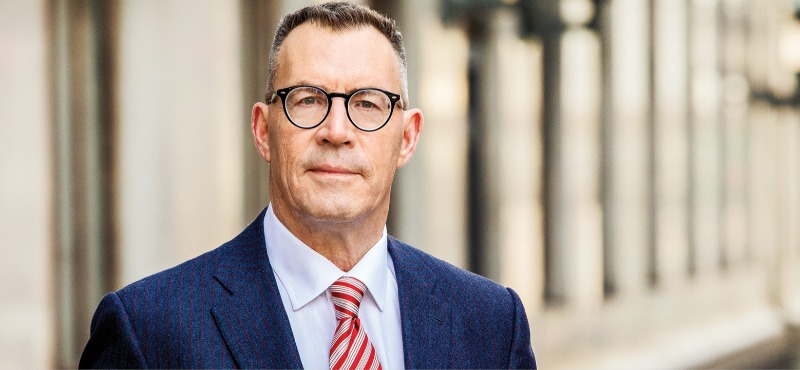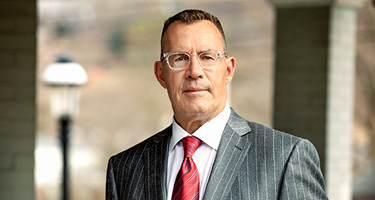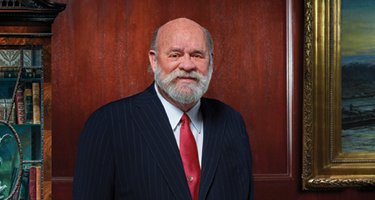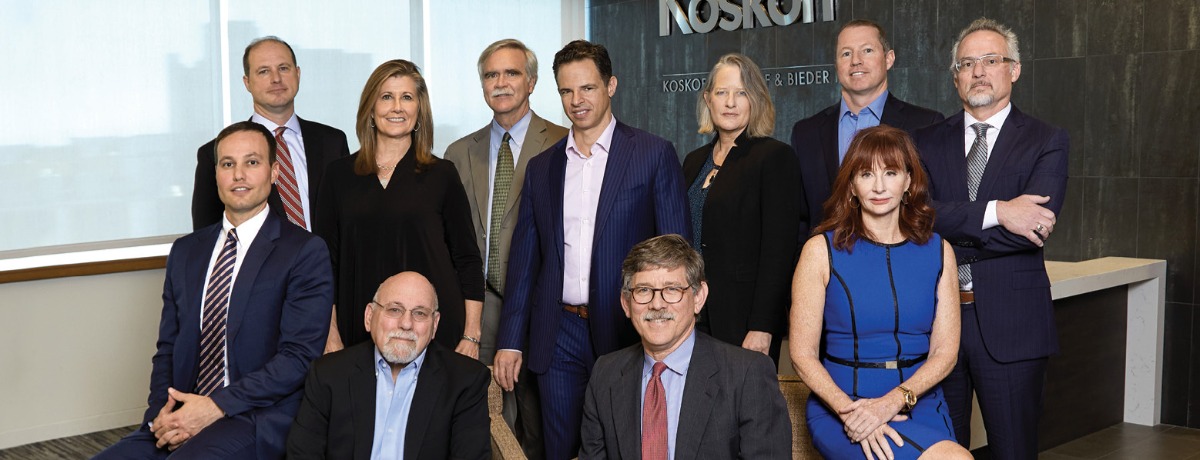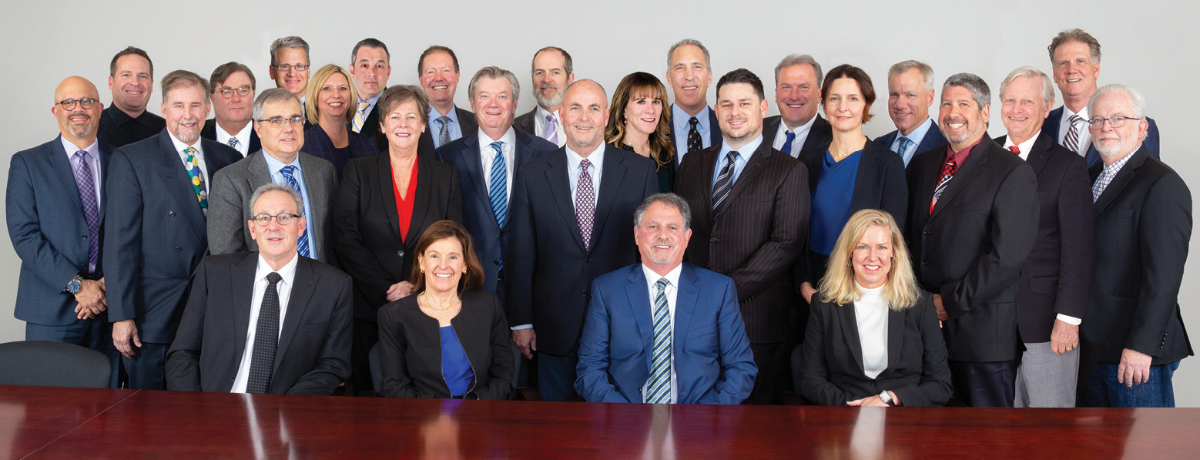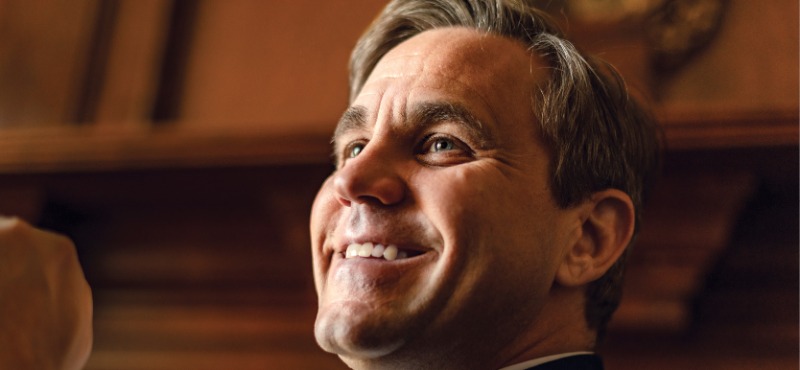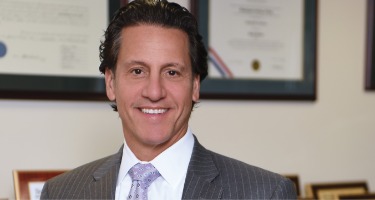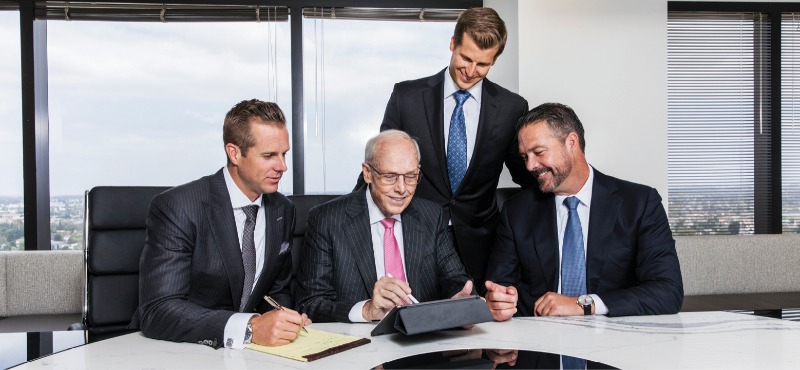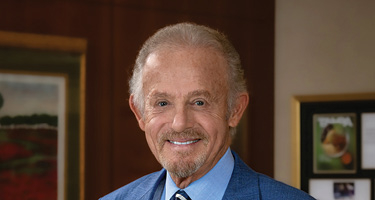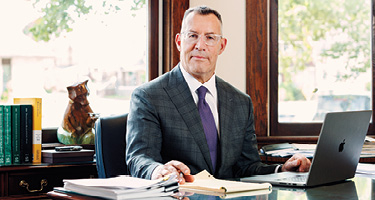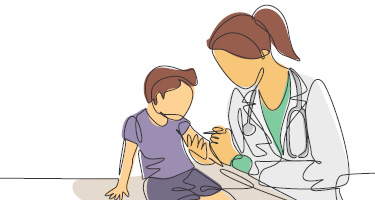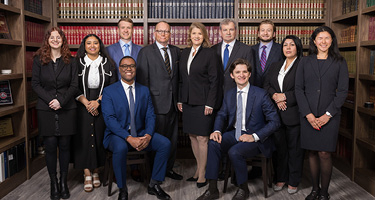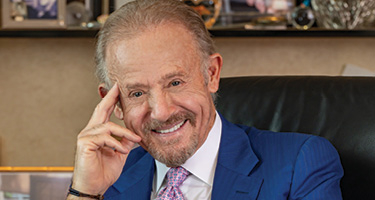What makes a good trial lawyer? Victor Pribanic—the plaintiffs’ lawyer who has been trying cases for the better part of four decades—has a ready answer. “It starts with having the courage to stand up in the courtroom in the first place and ends with having the conviction and stamina to prepare to fight a battle with an uncertain outcome,” he says. “Most important is believing in your client’s cause, without exception.”
Determination alone can’t win a trial, of course, but Pribanic’s unwavering support of his clients, backed by sound legal strategies and battle-tested trial technique, has led to real results. In all, his firm, Pittsburgh-based Pribanic & Pribanic, has recovered hundreds of millions of dollars in verdicts and settlements throughout western Pennsylvania and adjoining states.
Although the firm handles a wide variety of cases—from birth injuries and injuries caused by defective automobiles to product liability and nursing home abuse—Pribanic himself handles mostly medical malpractice and serious injury cases. All pose varying complexity and other challenges, which he’s been meeting head-on since his firm opened its doors.
“Our clients seek our help when they are faced with truly life-altering problems,” he says. “These are children who have suffered birth injuries, people who have lost limbs as a result of medical negligence, others who have been traumatically injured in car accidents. It is our singular directive to help them find justice through our court system.”
Pribanic, a graduate of Bowling Green State University and Duquesne University School of Law, spent the early part of his career prosecuting criminal cases in the Pittsburgh District Attorney’s office. Today he boasts the various association memberships that have helped cement his firm’s reputation as a powerful courtroom opponent.
He approaches each day with the core idea that no one case is more important than any other. It’s all relative, he observes—a grounding reality for the kind of plaintiffs’ work he does. “Every single case we do has a profound impact on the person or people involved,” Pribanic says. “In their world, it’s often the most difficult thing they have had to endure, and it’s up to us to help. It’s not about the money we recover but about knowing that the money is the best that can be done. The alternative is to do nothing—and that is far worse.”
